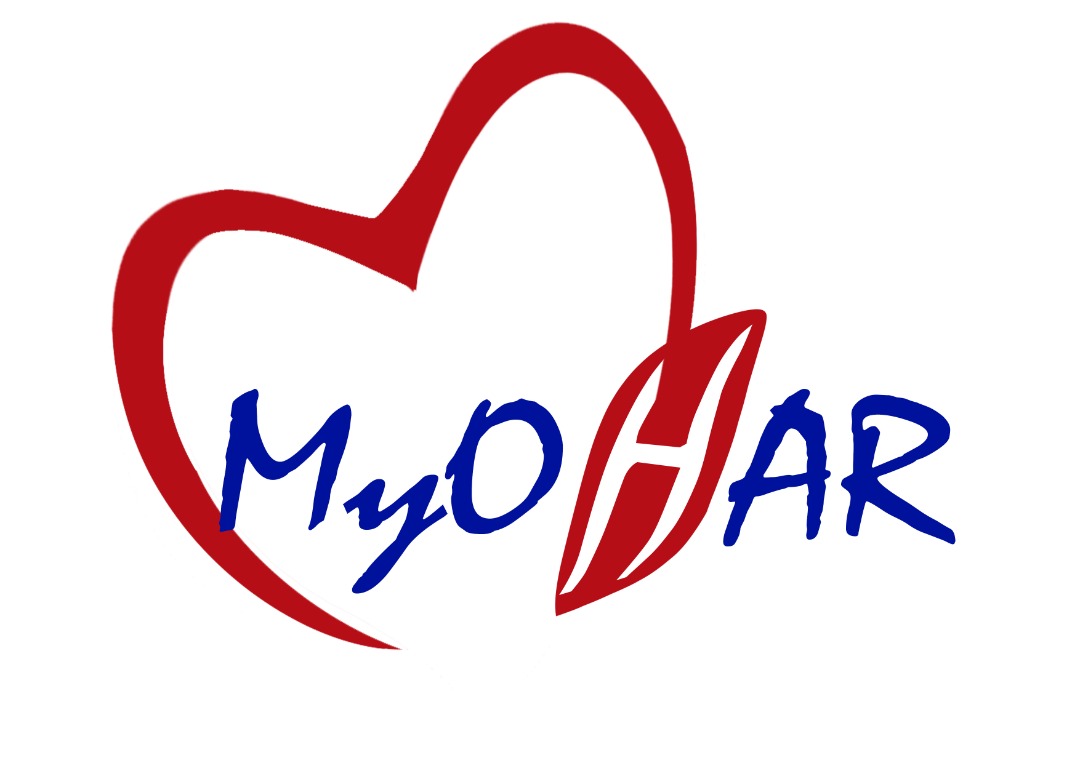Animal Health
DEPARTMENT OF VETERINARY SERVICES
Vision
A competent veterinary authorities serving the animal industry for the sake of human well-being.
Mission
Provide quality veterinary services as an assurance for public health and sustainable livestock industry to ensure the safety of human wellbeing.
Functions (Empowered under Animal Act 1953)
- Control, prevent and eradicate animal and zoonotic diseases.
- Production of livestock, livestock produce and animal feed.
- Inspection of meat, milk, eggs, animal feed, abattoirs and veterinary product processing plant
- Control of import and export of livestock, animal produce and quarantine services
- Training for the livestock and domestic animal industries.
- Expand livestock production and animal health as well as general veterinary health.
- Research on animal diseases and animal genetic sources
- Control of animals welfare and conservation of animal’s genetic materials
AMR on Animal Health
In animal health, antimicrobial agents are medicines used to treat infections, particularly those of bacterial origin besides, the used for control and preventive measures. The nature of the animal especially the livestock being reared, the usage of antimicrobial as for metaphylaxis where the antibiotic is given as a prevention and to be used within the short period of time. The antibiotic is not advisable to be use in a prolong period of time.
The usage of these medicines are essential to protect human and animal health, as well as for animal welfare. It is also to avoid the loss of production in the livestock if the animals suffer a chronic disease. Inappropriate or excessive usage can lead to the emergence of resistant bacteria which do not react accordingly to antibiotic treatment. This phenomenon, called antimicrobial resistance, which poses a threat to disease control throughout the world, that primary concern for human and animal health.
It is by ensuring the responsible and prudent use of these invaluable medicines in animals so as to safeguard their efficacy. The authority has moved with more drastic measures that is to ban the usage of antimicrobial of CIA in human to be used as growth promoters.
To achieve this, coordinated action between the human and animal health and environmental sectors is crucial. Veterinarians are part of the solution, but they must be well trained and well supervised by the statutory veterinary bodies created by law. Antimicrobial agents are a global public good.
Since the launching of phase 1 Malaysia Action Plan on Antimicrobial Resistance MyAP-AMR (2017-2021) in 2018, many awareness programmes at national level such as World Antimicrobial Awareness Weeks (WAAW) for the relevant stakeholders have been held. Surveillance on resistant antimicrobials for certain important bacteria in animal have been conducted. The usage of antimicrobial in animal industry is being monitored for responsible and prudent use of antimicrobial in animals through proper prescription of drugs by the veterinarians and health declaration by the farmers.
We each have a role to play in the fight against antimicrobial resistance and, in doing so, can protect the efficacy of these vital treatments and, by the same token, our future. As the motto of the World Organisation for Animal Health (OIE), showing an outcry from all animals especially the livestock “We Need You” for responsible and prudent use of antimicrobial in them. The animals do not want to be blame as the wrong doing from the human being.

Figure 1 : We Need You : To handle antimicrobials with care
(Source : OIE website – https://www.oie.int/en/what-we-do/global-initiatives/antimicrobial-resistance/)
